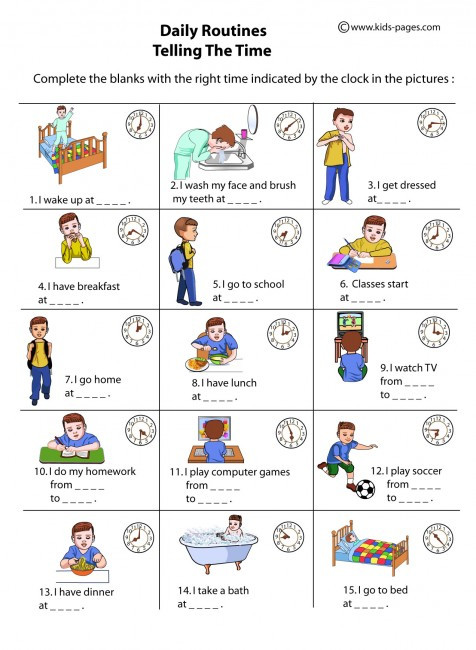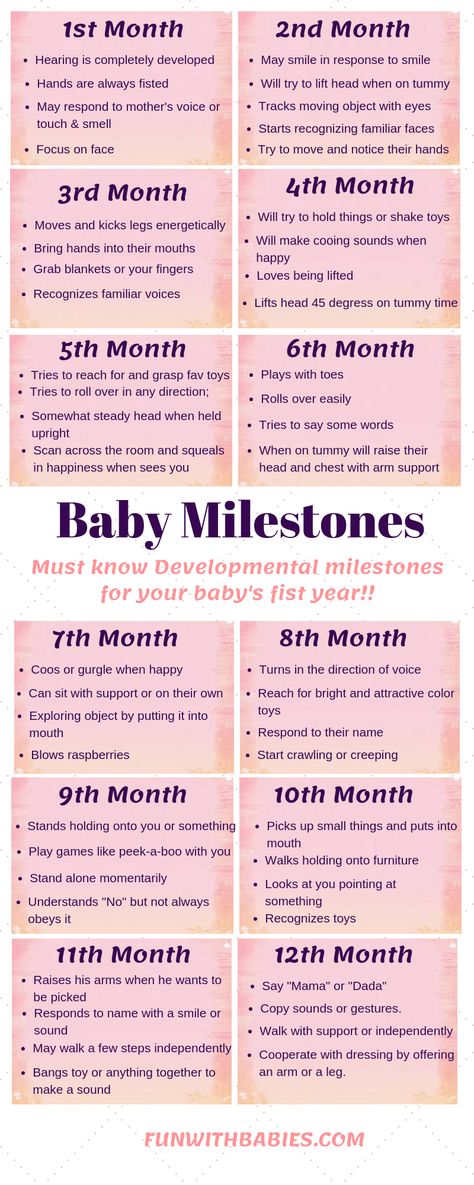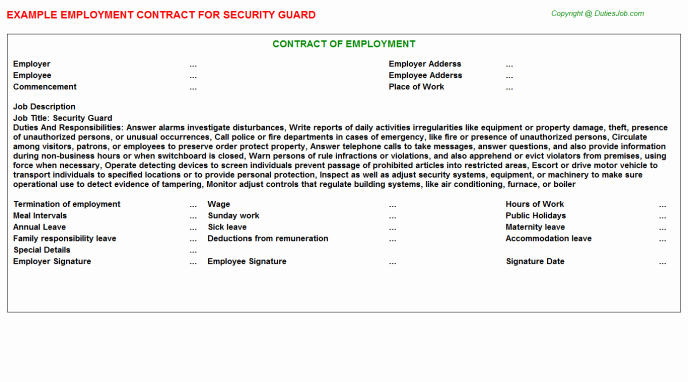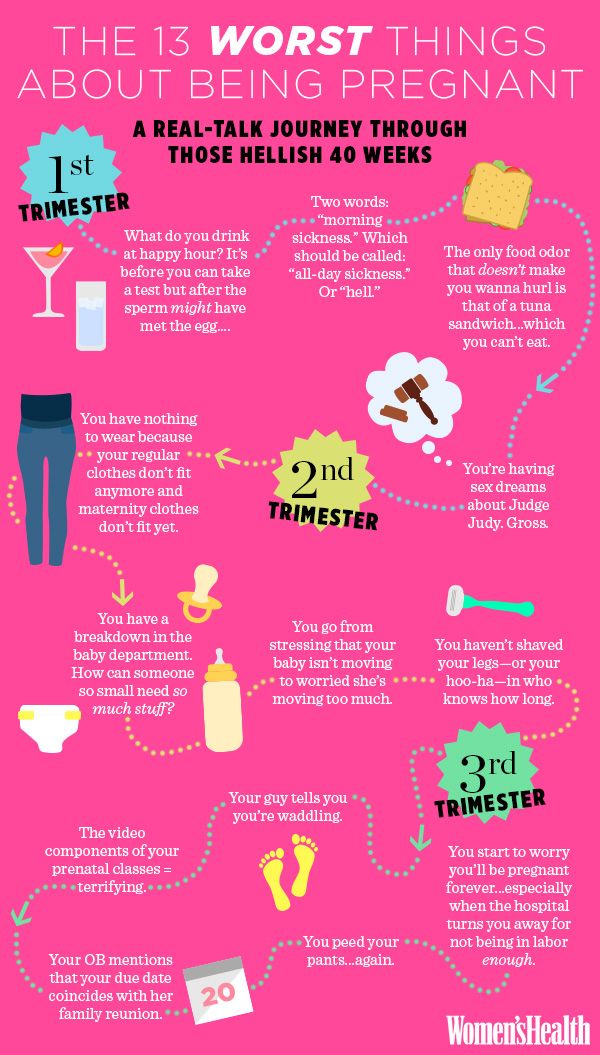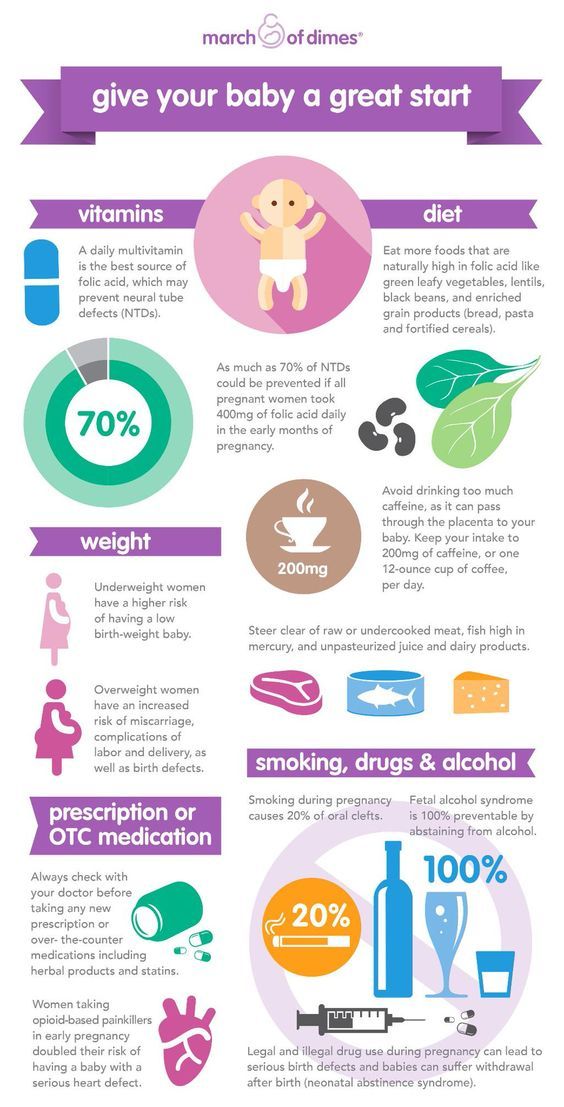Newborn daily routine
A day in the life of a newborn
Newborn babies seem to mostly sleep, eat, cry and poo. But as you and your baby get to know each other and bond in your early days together, your day will also involve cuddling and playtime. All babies are different — their eating and sleeping patterns often change, and it may take some time for them to settle into a routine.
You may prefer that your day-to-day activities follow what your newborn does. Alternatively, you may like to start to establish a very simple routine. Either way, your baby and you will begin to settle into a daily pattern of sleeping, feeding and playing.
Sleeping
Newborns spend most of their time sleeping between feeds. Each sleep period is around 2 to 3 hours. However, your baby may start to stir after 40 minutes and may need your help to settle back into sleep again. In a 24-hour period, they may be asleep for 16 hours.
Your baby cannot tell the difference between sleeping during the day and night, and will probably wake for feeds 2 to 3 times during the night. Once your baby is a month old, they may start sleeping for longer periods at night, and from 3 to 6 months they may sleep for 4 to 5 hours at a time.
Because a newborn's sleep patterns change regularly, it is a good idea in the first few months to take it slowly and remain flexible.
Feeding
Whether you choose to breastfeed or bottle feed, your baby will need about 6 to 8 feeds in a 24-hour period, for a total of around 2 to 5 hours a day. Breast milk is easily digested, so if you are breastfeeding, your baby may even feed up to 12 times a day.
At certain times, your baby may feed very frequently, which is called cluster feeding. After the cluster feed, they might have a longer sleep.
If you want to calculate the time between feeds, you should work out the time from the beginning of the last feed, not the end.
As well as providing your baby with the important nutrition that they need to grow, feeding your newborn is a great way to have some cuddle time.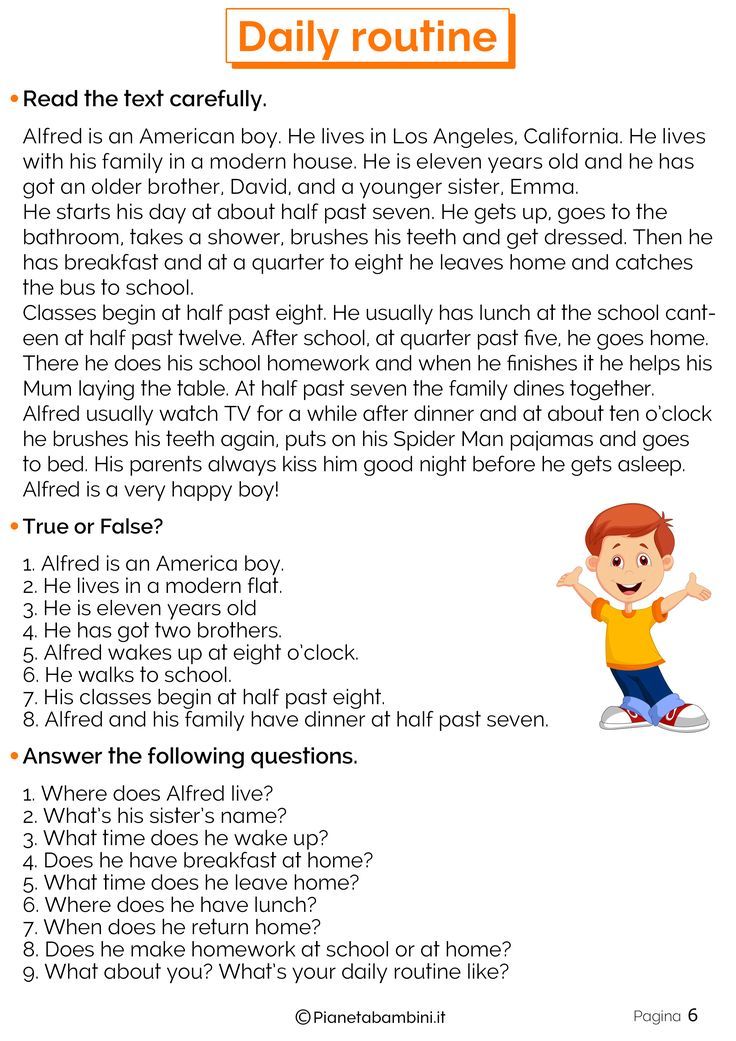
Listen to Dianne Zalitis, midwife, talk about what to expect when you bring your baby home on the Babyology podcast.
Cuddling and playing
Making time for cuddling and play time with your baby as part of your daily activities is important for their growth and development. The key is to interact with your newborn, rather than giving them games and toys. Ideas for playing include:
- making eye contact, smiling and talking
- singing nursery rhymes
- taking your baby for a walk
- reading or telling them a story
- making faces
- blowing raspberries
Other play ideas include:
- giving your baby different things to look at and feel while talking to them
- giving your baby supervised tummy time each day
- making sounds
- giving your baby a massage
For some babies, play time might simply involve cuddling or having a quiet stretch and kick on a blanket.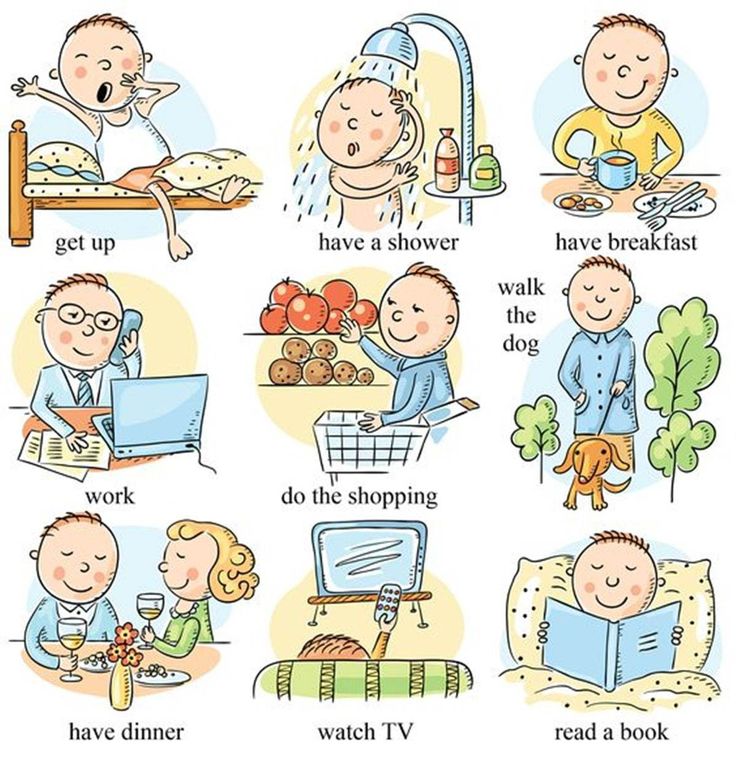 Some may want only 10 minutes play at one time, while others may prefer longer. It is best to pay attention to your baby's behaviour; if they seem upset or unsettled, they may be frightened, tired or overwhelmed. If so, try a quieter activity later on. Alternatively, you may notice from their behaviour that they are getting tired and need to sleep.
Some may want only 10 minutes play at one time, while others may prefer longer. It is best to pay attention to your baby's behaviour; if they seem upset or unsettled, they may be frightened, tired or overwhelmed. If so, try a quieter activity later on. Alternatively, you may notice from their behaviour that they are getting tired and need to sleep.
Crying
Sometimes it seems as if your baby is always crying! This is normal and is a way for your newborn to communicate with you.
About 1 in 10 babies cry more than 3 hours a day. You may find that your newborn cries more in the afternoon or early evening than at other times.
When your baby is crying, check if they are hungry, tired or uncomfortable. They may need feeding, settling to sleep, a clean nappy, or your baby could be too hot or cold. They could be frightened, needing a cuddle, excited or overtired.
As you get to know your baby better, you will start to recognise different types of cries and what they mean.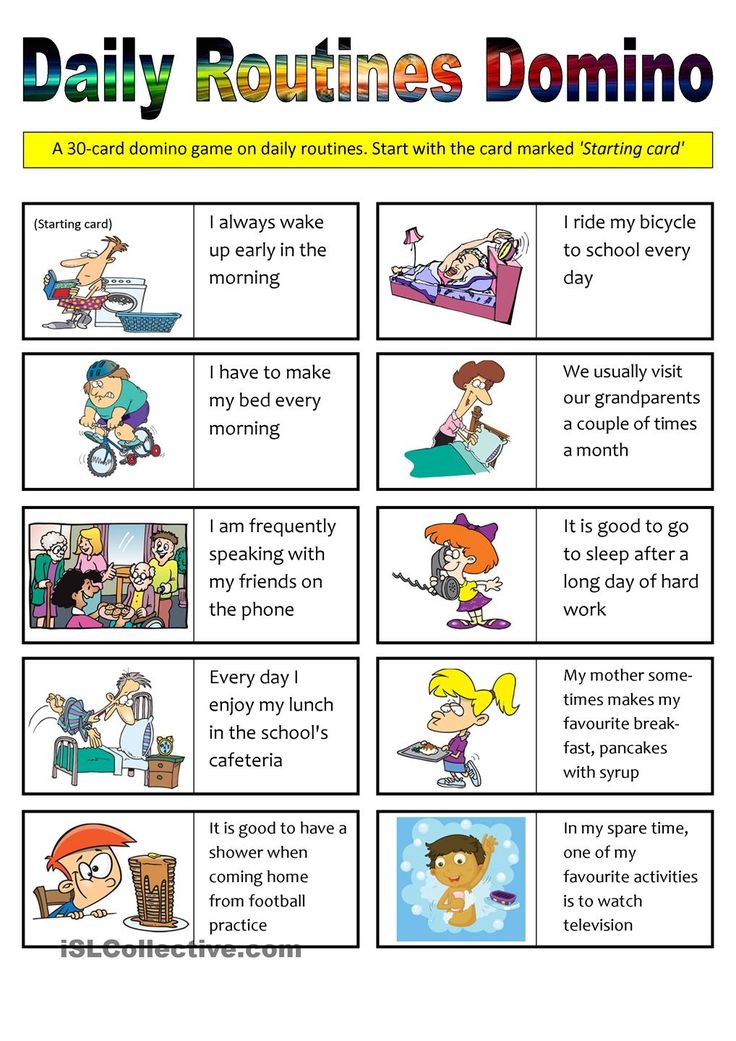 Responding to your baby's crying is an important part of trust and bonding.
Responding to your baby's crying is an important part of trust and bonding.
Other activities
Part of your daily routine will also involve regularly changing nappies and washing your baby.
What routines can I start with my newborn?
It helps to remain flexible with newborns. However, you might choose to start doing simple things with your baby in a similar order when it comes to sleeping, feeding and playing:
- when your baby wakes from a sleep, offer them a feed
- in the middle of, or at the end of the feed, change your baby's nappy
- have cuddle, talk and play time
- settle your baby down to sleep
At night you may prefer to skip play time and simply try to settle them back to sleep.
You should do what you feel is best for you and your baby, but seek advice if you are not sure. Call Pregnancy, Birth and Baby on 1800 882 436 to talk to a maternal child health nurse.
Learn more here about the development and quality assurance of healthdirect content.
Newborn Daily Routine | Parenting Blog | Babocush
The majority of a newborn's time is spent sleeping; they sleep roughly 16 hours out of every 24 hours. Night and day, they're trained to sleep in brief spurts of roughly 2-3 hours between feeding. In addition, babies require feeding every 2-4 hours. They require your attention at all hours of the day and night.
The first few months of your baby's life are a great time to get to know your little one and learn about their needs. You may discover that a very simple, flexible regimen appears to benefit your infant while also allowing you to feel more in charge. In either case, your baby and you will fall into a routine of sleeping, feeding, and playing eventually.
Sleeping
Between feeding, newborns spend the majority of their time resting. Each sleep cycle lasts about 2 to 3 hours. However, after 40 minutes, your baby may begin to stir and want your assistance to fall back asleep. They may sleep for 16 hours in a 24-hour period.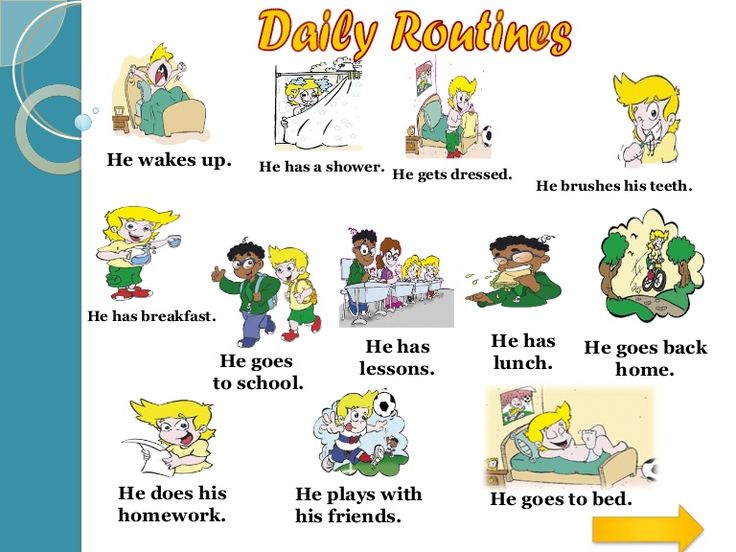
Your baby will likely wake up 2 to 3 times during the night for feeds since he or she cannot tell the difference between sleeping during the day and sleeping at night. After a month, your baby may begin sleeping for extended periods of time at night, and between 3 and 6 months, they may sleep for 4 to 5 hours at a time. Because a newborn's sleep patterns fluctuate frequently, it's best to take things gently and be flexible in the first few months.
Related: Tips to get your newborn to sleep through the night
Feeding
Your kid will need 6 to 8 feeds in a 24-hour period, for a total of 2 to 5 hours each day, whether you breastfeed or bottle feed. Because breast milk is quickly absorbed, your infant may feed up to 12 times each day if you are breastfeeding.
Your infant may feed quite frequently at times, which is known as cluster feeding. They may sleep for longer after the cluster feed. If you want to compute the duration between feeds, start at the beginning of the previous feed rather than the end.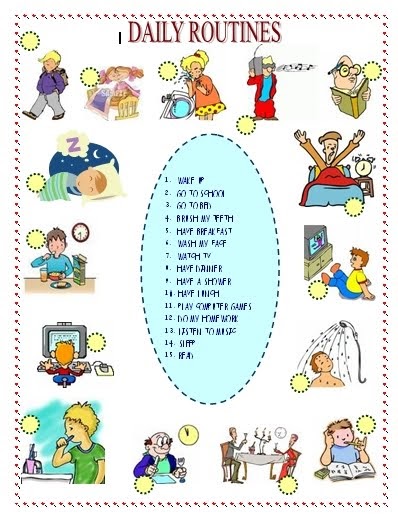 Feeding your infant is a terrific opportunity to get some cuddle time in addition to providing them with the nutrition they require to grow.
Feeding your infant is a terrific opportunity to get some cuddle time in addition to providing them with the nutrition they require to grow.
Related: Best Nutrition For A Newborn Baby
Cuddling and playing
Making time for snuggling and playtime with your infant as part of your regular activities is critical for their development and growth. Rather than offering your baby games and toys, the goal is to interact with them. Making eye contact, smiling, and singing nursery rhymes are all fun ways to play.
Taking your baby for a walk while reading or giving them a tale is a great way to bond with them, or blowing raspberries and making expressions may help.
Other play ideas include:
- giving your baby different things to look at and feel while talking to them
- giving your baby supervised tummy time each day
- making sounds
- giving your baby a massage
For some newborns, playtime may consist of nothing more than cuddling or a peaceful stretch and kick on a blanket.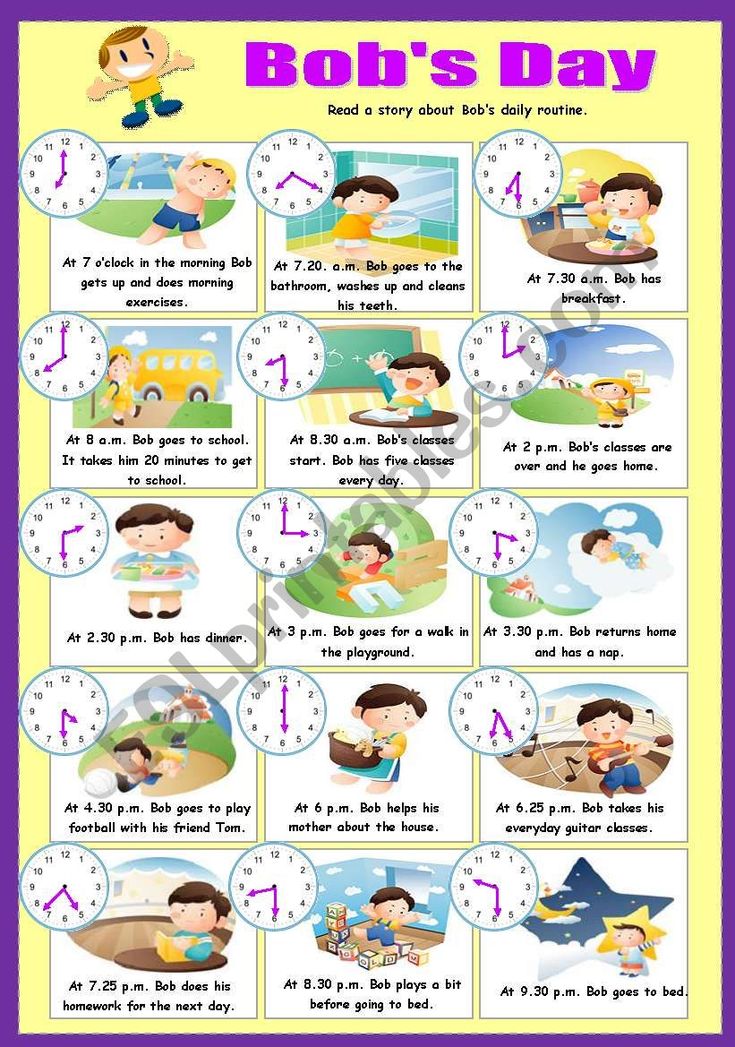 Some people love to play for only 10 minutes at a time, while others prefer to play for longer. Pay attention to your baby's behaviour; if they appear upset or unsettled, they could be scared, exhausted, or overloaded. If that's the case, consider a quieter activity afterwards. Alternatively, you may see that they are becoming exhausted and need to sleep as a result of their actions.
Some people love to play for only 10 minutes at a time, while others prefer to play for longer. Pay attention to your baby's behaviour; if they appear upset or unsettled, they could be scared, exhausted, or overloaded. If that's the case, consider a quieter activity afterwards. Alternatively, you may see that they are becoming exhausted and need to sleep as a result of their actions.
Crying
It may appear that your infant is continuously crying - this is very natural and serves as a means for your baby to communicate with you. Approximately one out of every ten babies cries for more than three hours every day. You could notice that your baby screams more in the afternoon or early evening than at other times of the day.
Check if your newborn is hungry, weary, or uncomfortable when they cry. Your newborn may require feeding, calming to sleep, a clean nappy, or be too hot or chilly. They could be scared, in need of a hug, or overtired. You'll begin to recognise different types of screams and what they represent as you get to know your baby better.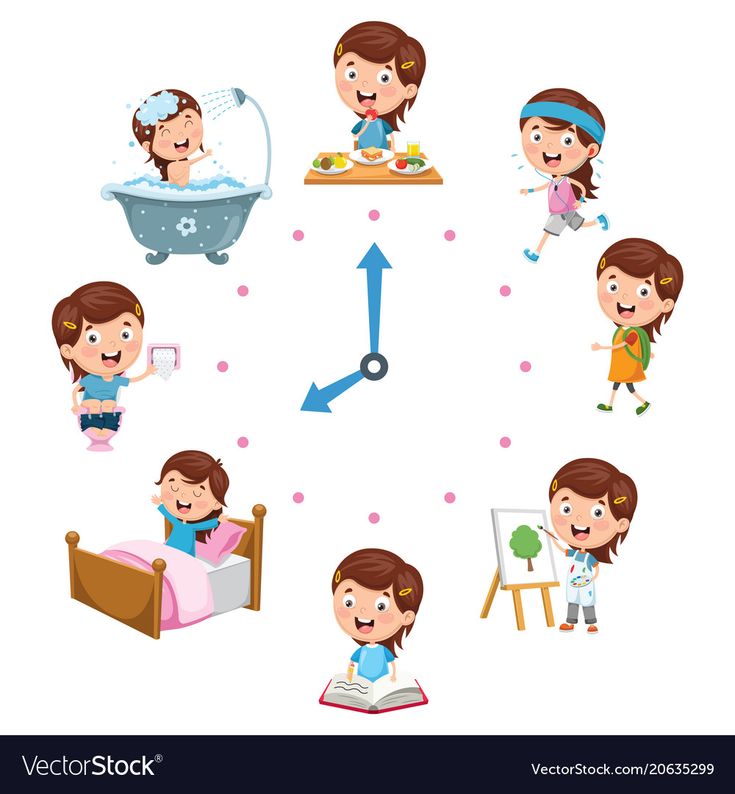 Responding to your baby's cries is a vital component of building trust and bonding with your child.
Responding to your baby's cries is a vital component of building trust and bonding with your child.
Related: Help - My Baby Won't Stop Crying
What routines can I start with my newborn?
It is beneficial to be flexible when dealing with babies. When it comes to sleeping, feeding, and playing with your baby, you might want to start doing simple things in a similar order: when your baby wakes from a nap, offer them a feed in the middle of, or at the conclusion of the nap, change your baby's nappy, and have cuddle, talk, and play time.
You also want to set your infant up for a good night's sleep. You may want to omit play time at night and simply try to get them to sleep again. You should do what you feel is best for you and your baby, but seek advice if you are not sure.
Remember, nobody's perfect - take everyday at a time. You’ve got this!
Daily routine for a child under 1 year old
Daily routine is a system for distributing periods of sleep and wakefulness, meals, hygiene and health procedures, activities and independent human activities throughout the day.
Compliance with a rational daily routine corresponding to the age characteristics of the child contributes to his healthy growth and development. Getting used to performing various types of activities at the same time, the child is prepared for the upcoming type of activity at every moment of time, which ensures their easier and faster implementation. Compliance with the correct daily routine provides a good mood for the child and maintains a keen interest in the study of the world around him, contributing to his normal motor and psychoverbal development. nine0003
The child's daily routine includes the following obligatory elements: diet, time spent outdoors during the day, frequency and duration of sleep, mandatory classes to develop skills in accordance with age, free time.
In the first months after birth, a healthy newborn baby sleeps for most of the day, since all external stimuli are very strong for the nervous system of a child, accustomed to a cozy intrauterine environment, and cause its rapid exhaustion.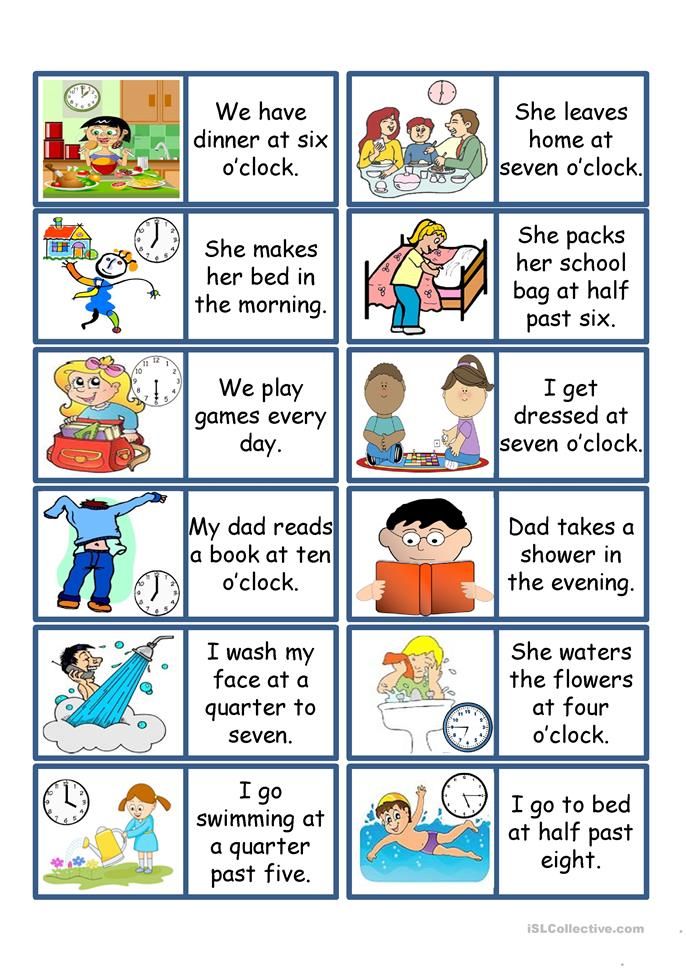 As the child grows older, the duration of sleep gradually decreases and the time of wakefulness increases. nine0003
As the child grows older, the duration of sleep gradually decreases and the time of wakefulness increases. nine0003
| Age | Daytime sleep mode | Night sleep | Wake mode |
| From birth to 2 months | 6 x 2.5 hours | 6 hours | During feeding |
| 2-4 months | 5 times 2-2.5 hours | 6.5 hours | 4 x 1.5 hours |
| 4-6 months | 4-5 times for 2 hours | 7 hours | nine0013 4 times 2 hours|
| 6-9 months | 3-4 times for 1.5-2 hours | 8 hours | 4 x 2.5 hours |
| 9-12 months | 2 x 1.5-2 hours | 9-10 hours | 4 times for 3-4 hours |
Closely related to the sleep-wake mode is the feeding mode of the baby. The sleep of a child in the first months of life is very sensitive and is easily disturbed under the influence of various extraneous stimuli, including hunger.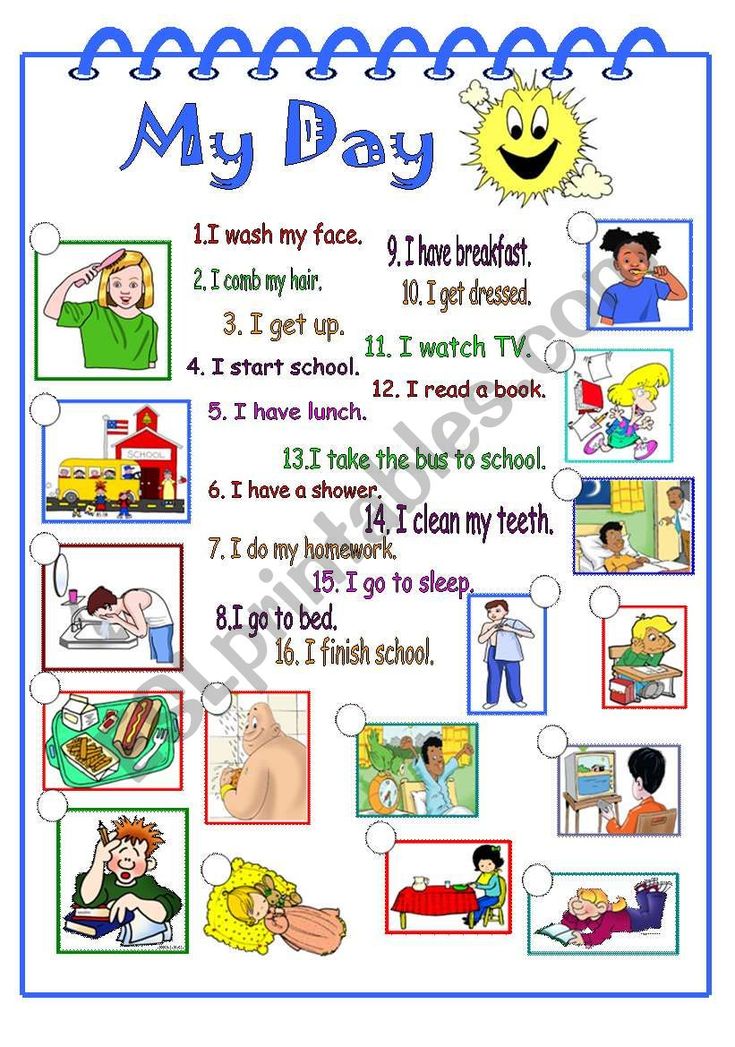 nine0003
nine0003
| Age | Mode | Example |
| From birth to 2 months | 7-8 times, every 3 hours | 6,9,12,15,18,21,24 (no night feeding) |
| From 2 to 6 months | 6-7 times, every 3.5 hours | 6, 9.30, 13, 16.30, 20, 23.30 (without night feeding) 6, 9.30, 13, 16.30, 20, 23.30, 03 (with night feeding) |
| From 7-12 months | 5 times, every 4 hours | 6,10,14,18,22 |
A child's stay in the fresh air is essential in the daily routine. The total duration of stay in the open air for children under 1 year of age should be at least 5-6 hours a day. Fresh air has a calming effect on the baby, improves metabolic processes, and increases the body's defenses. In the summer, all games and activities should be held outdoors; in the cold and transitional seasons, two one-time walks of 1.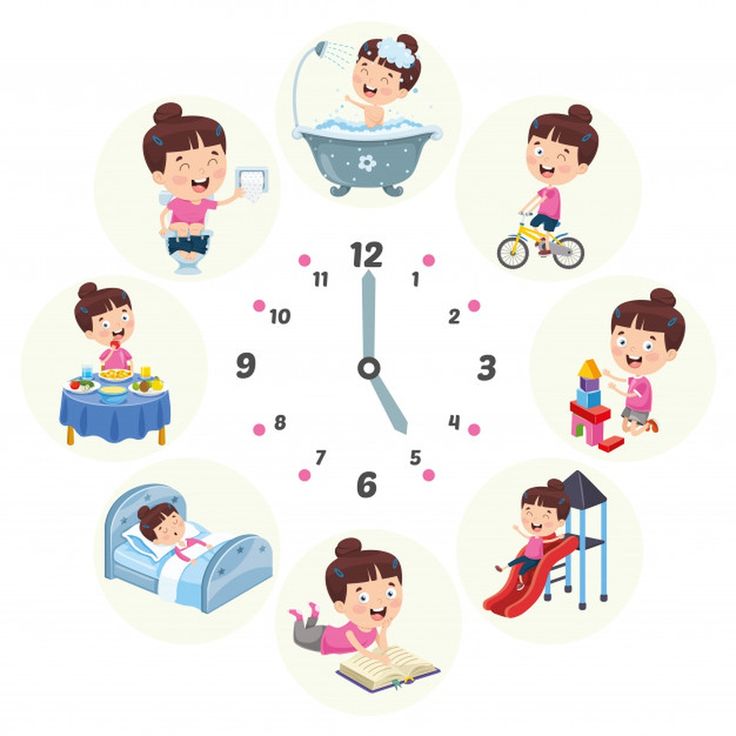 5-2 hours are provided. nine0003
5-2 hours are provided. nine0003
Fresh air also has a beneficial effect on sleep. By acting on the skin and mucous membranes of the nose and upper respiratory tract, it provides a faster fall asleep of the child and a higher quality of sleep. Sleeping outside can replace a walk, especially during the cold season.
The child's daily routine is generally individual, but ideally, one should strive to ensure that the child eats after waking up, and then stays awake until the next sleep. A well-slept baby eats with appetite and then calmly and actively plays or engages, and tired of games, easily goes to sleep. nine0003
When your baby is awake, try to keep him active and cheerful. It is necessary to dress the child in loose clothing that does not hinder movement, provide access to toys appropriate for his age, and most importantly, actively participate in games and activities with the baby as a whole family.
Author - Physiotherapist - DMITRIENKO T.G.
child development from 0 to 1 month
03/01/2019
20
The long-awaited day has come and we finally arrived home with the baby from the maternity hospital.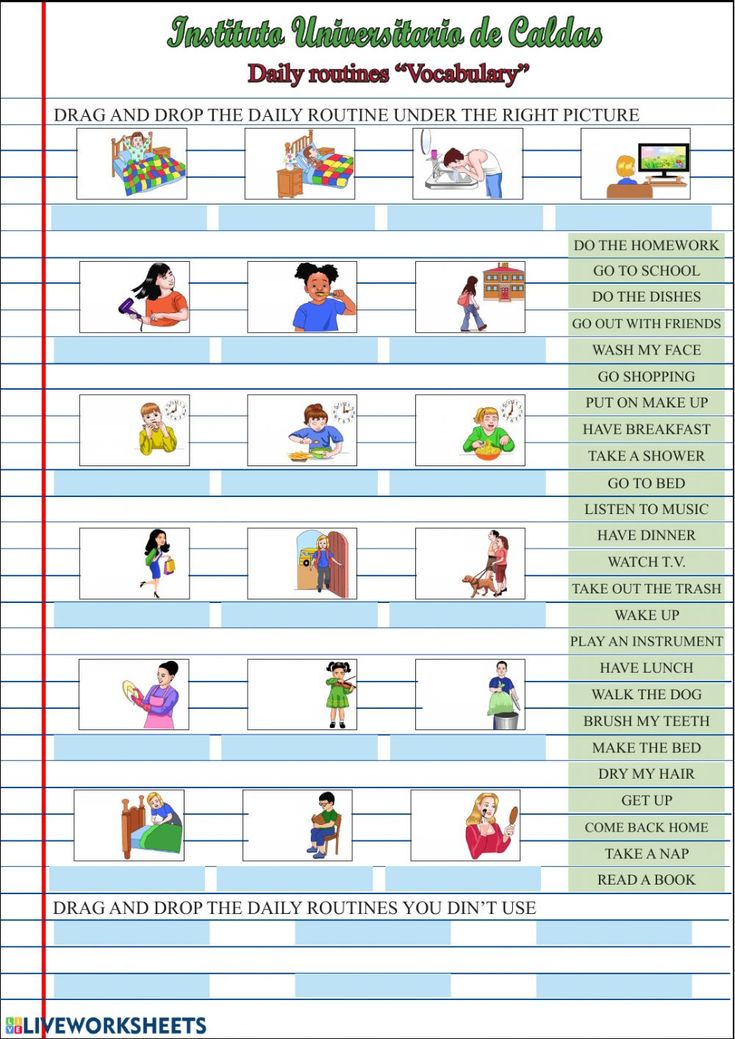 And now, in place of the hospital calmness, where everything seemed so clear, a wave of emotions swept over me. When and how often should I put him to bed? How to combine sleep and feeding from the first days? Should a child have a regime or should not organize a clear schedule? nine0003
And now, in place of the hospital calmness, where everything seemed so clear, a wave of emotions swept over me. When and how often should I put him to bed? How to combine sleep and feeding from the first days? Should a child have a regime or should not organize a clear schedule? nine0003
All the knowledge was in theory, but it was not easy to put it into practice. Therefore, I share recommendations that it is good for a young mother to know in order to survive such a difficult first month!
Baby's routine
Before we talk about the baby's daily routine, it's useful to remember a few facts about the sleep of babies of this age: Yes, all children are different - some sleep more, others less. But in general, babies need to sleep about 16-18 hours a day. nine0145
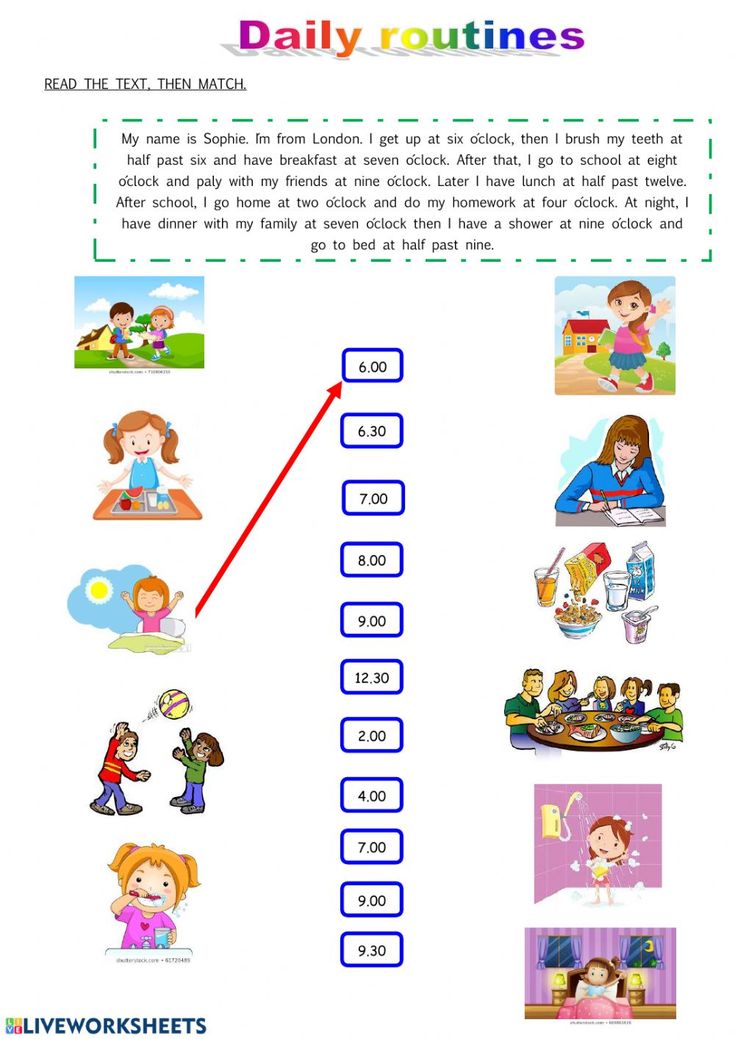 Therefore, all actions to organize the child's day regimen will be directed to this.
Therefore, all actions to organize the child's day regimen will be directed to this. Considering these facts, we can say that it is difficult to create a clear day schedule of 1 month.
Daytime sleep
Daytime dreams will not differ from nighttime. During the day, a newborn baby can sleep both 3-4 hours and 20-40 minutes in one dream.
The longest period of sleep can occur in a day.

How do you know when a baby wants to sleep again? Focus on signs of fatigue in a child: if he rubs his eyes, looks at one point, sucks his thumb, then it's time for him to sleep. It is also recommended not to exceed the awake time for more than 50-60 minutes if the previous sleep was more than an hour. If the sleep was less than an hour, the period of activity of the crumbs will be the same amount of time. Overworking the child leads to long bedtimes, restless sleep at night and an incomprehensible daily routine. nine0003
Sleep at night
Sleep can be about 7-10 hours at night. The baby will wake up for feeding. If in the evening your baby began to cry non-stop for several hours, it could be colic. The period of colic lasts up to 6-8 weeks. After feeding, hold the baby upright - this will help his digestion, do a light massage of the tummy.
If you suspect that crying is not related to colic, be sure to contact your doctor.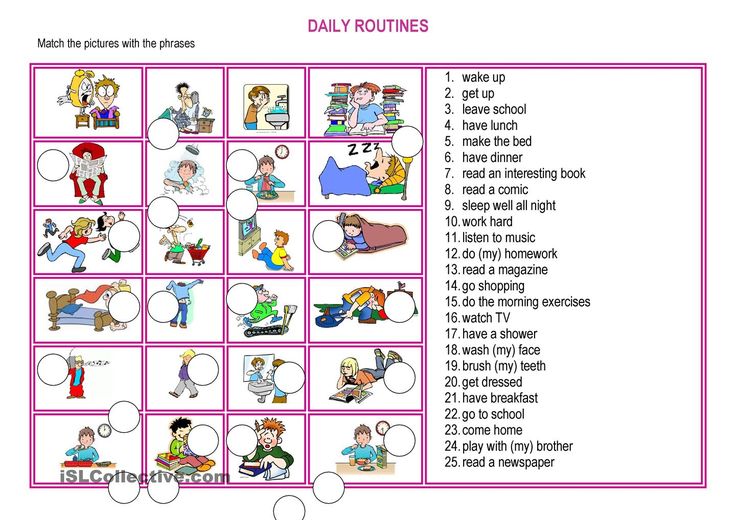 If formula-fed, talk to your pediatrician - it may be that changing infant formula will improve the baby's condition. nine0003
If formula-fed, talk to your pediatrician - it may be that changing infant formula will improve the baby's condition. nine0003
Confusion of day and night
Until 6-8 weeks of age, babies may confuse day and night due to an immature biological clock.
Take your baby out to bright light during the day and dim the lights at home in the evening. Use a night light with a warm, low light at night during feedings and diaper changes.
How to make it clear to a child of 1 month of age that it is time to start the day or go to bed?
Rituals will come to the rescue - daily repeated actions after waking up or going to bed. In the morning it can be hygiene procedures, and in the evening - bathing, quiet games, swaddling and a lullaby. nine0003
Baby bed
To prevent SIDS (Sudden Infant Death Syndrome), certain rules are followed when organizing a baby bed.
-
Always place your newborn on their back.
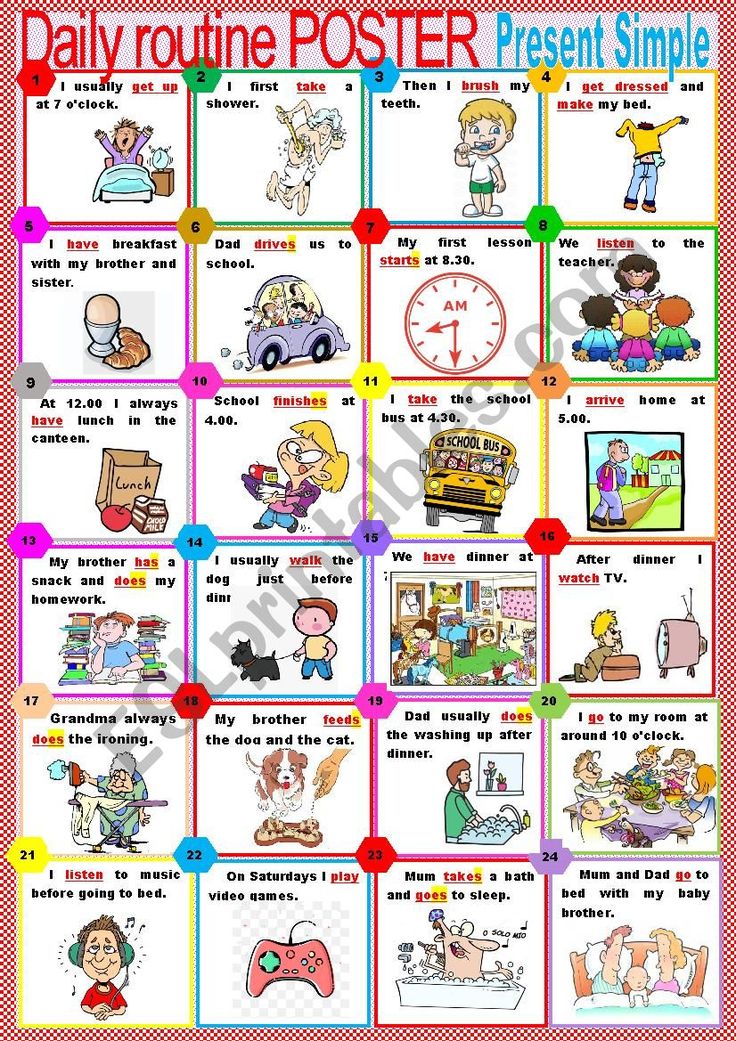 This is the safest position for a baby right now.
This is the safest position for a baby right now. -
Avoid overheating the baby - it is more dangerous for him than the cold. Therefore, pay attention to the temperature in the room: it should not exceed 21-23 degrees in winter and 25 degrees in summer. nine0003
-
The child needs to sleep on a flat, firm surface, without blankets, pillows, bumpers, toys or other things.
-
A separate nursery is not needed for up to six months, and sometimes up to a year - a crib in the parents' room is an ideal option for a child to relax. You can remove one wall of the crib and attach it to the bed of the parents. So the baby will be as close as possible to mom at night, but at the same time on a separate surface.
nine0145
Tips to help your newborn sleep
Feeding your newborn
Feeding on demand is considered to be the best way to manage your newborn's diet.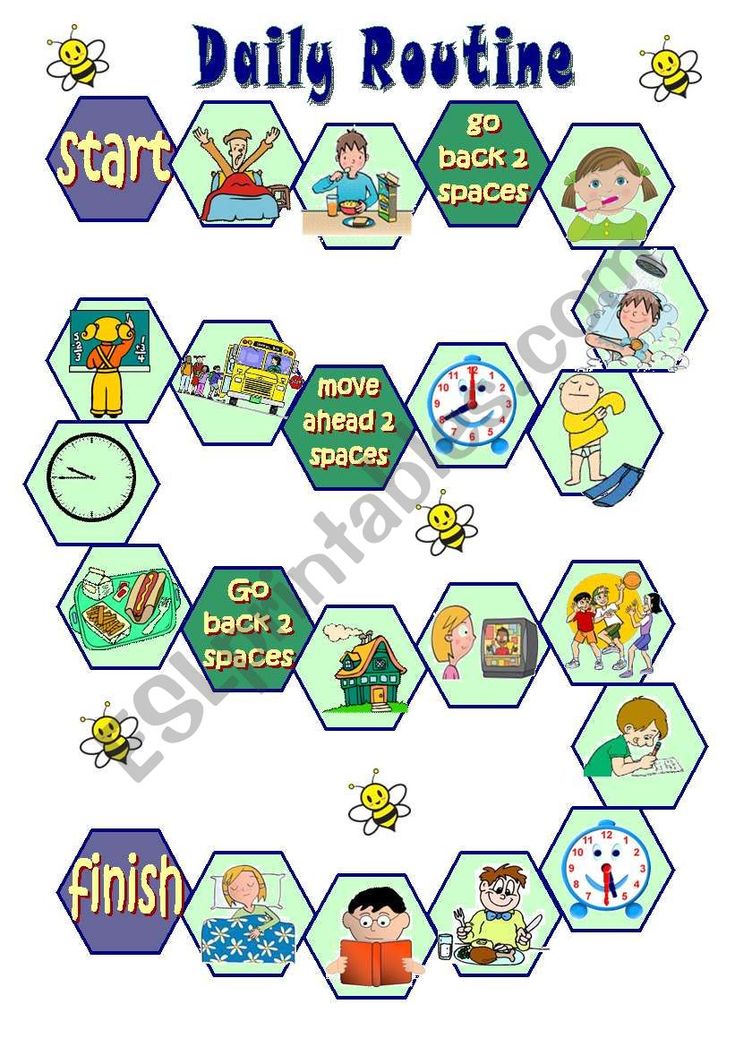
In the early days, breastfeed as often as possible. This stimulates milk production. We feed from 15 to 90 minutes. Prolonged feeding allows a newborn baby not only to satisfy hunger, but also to survive the stress after childbirth and get used to the new world. After the baby is likely to fall asleep. Night feedings are equally important for both the baby and the mother. They will mostly occur every 3-4 hours. nine0003
To improve lactation, also try to feed in the early hours of the night.
If a breastfed baby is eating well and gaining weight, he does not need additional food and fluids until 4-6 months of age.
Walks
An important part of the daily routine of a newborn this month. Walking outside helps set your baby's biological clock and improves sleep. You can walk with a healthy and full-term baby starting from the 10th day of life. Increase the time of outdoor walks gradually until the child is 1 year old, starting from 10 minutes in winter and 20 minutes in summer.